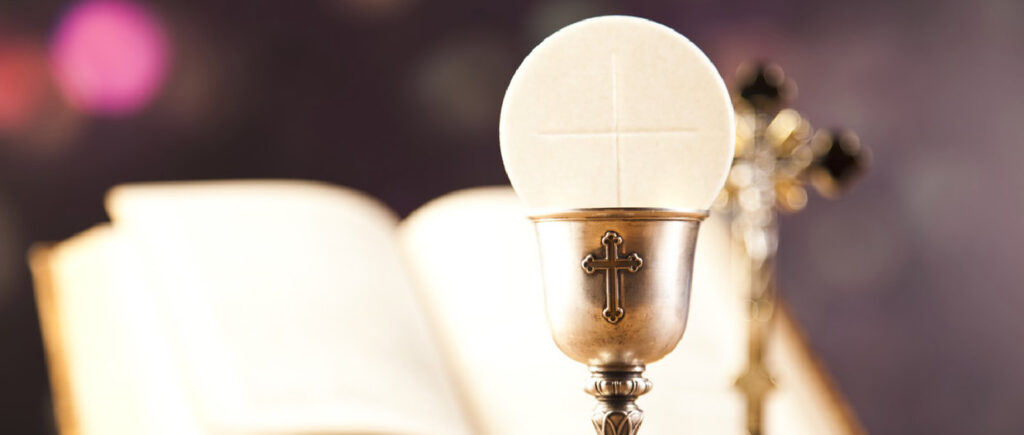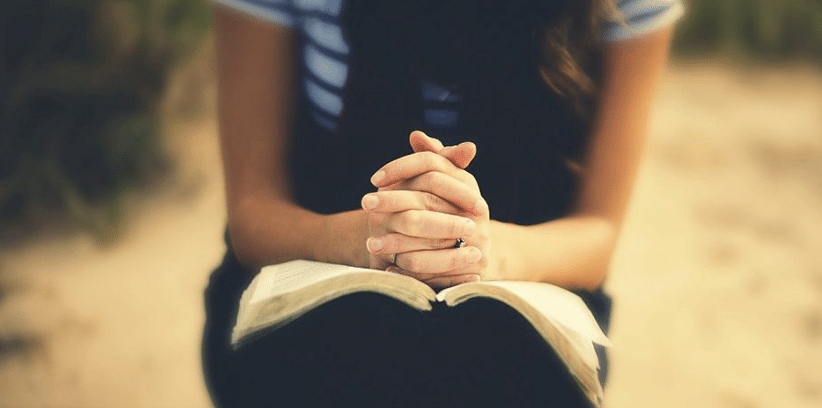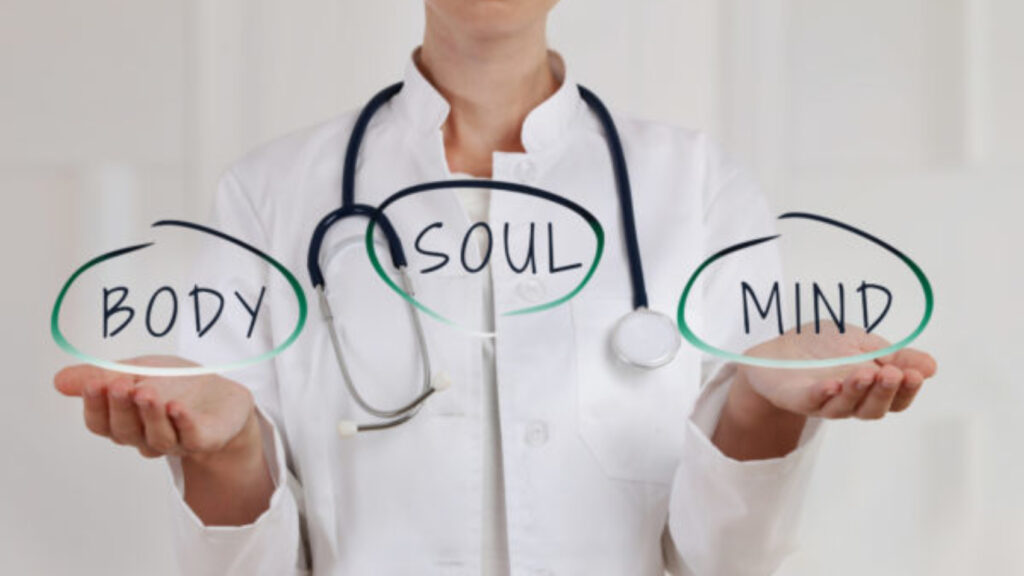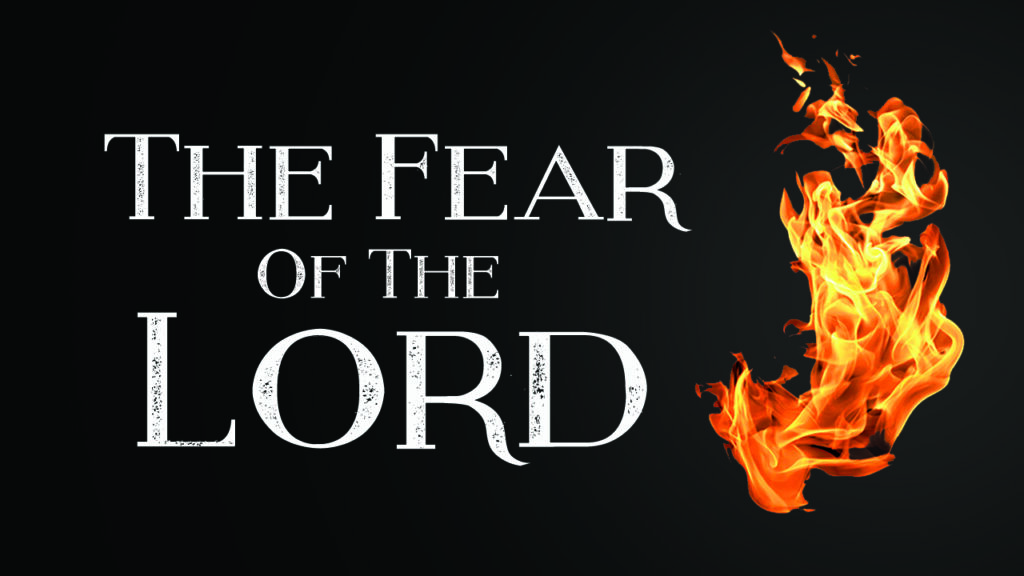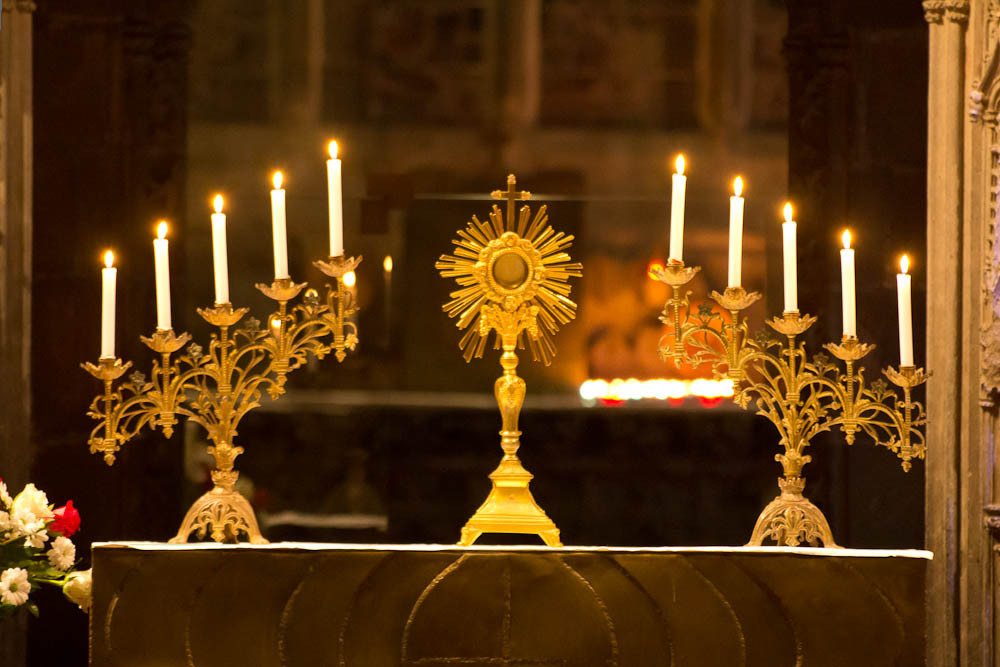The Eucharist Shows the Awesome Power of God
God Can Do Anything I’ve been helping at my parish by leading a few of the OCIA classes (Order of Christian Initiation). They gave me a hugely important topic this week — the Sacrament of Holy Eucharist. How do I fit the centerpiece of the Catholic faith, something that has been debated and philosophized about for centuries, […]
The Eucharist Shows the Awesome Power of God Read More »

